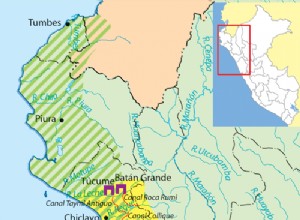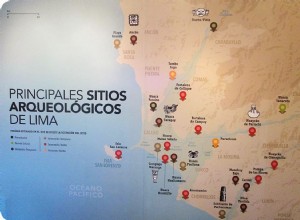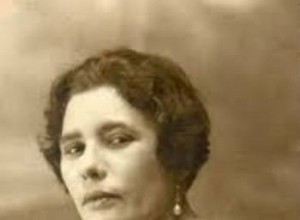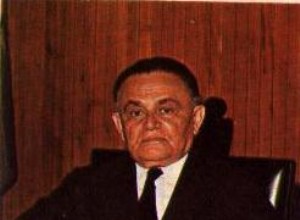LOCATION: The Lambayeque or Sicán culture developed on the Lambayeque river basin (formerly the Faquisllanga river or collique river), in the area of the towns of Cinto, Tucume and Jayanca, letting its influence be felt, in addition, to the area of Cajamarca, Piura and the Moche Valley, thus est




